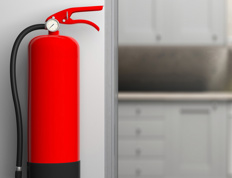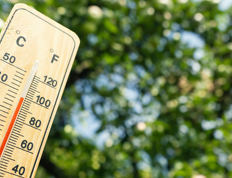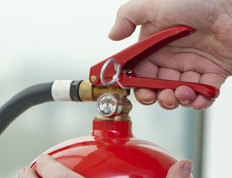



Fire and smoke can cause a lot of damage, as can the water that firefighters use when putting out fires.
Fire and smoke damage is covered under home insurance policies.
You should call your insurer as soon as possible to have a claims adjuster handle your claim.
At this step, the claims adjuster will verify the validity of your policy and the coverage limits.
After a fire, some work should be done quickly to prevent further damage, such as:
If the damage is significant and is covered, your insurer will arrange to have a post-loss cleaning company empty out and clean the damaged area.
If you’ve already done some work, keep the invoices and receipts since they may be eligible for reimbursement.
" Did you know that the costs of cleaning or storing items, or for clearing your residence, are paid out of the insurance settlement? "
You may need to evacuate the premises, depending on the type of damage suffered.Talk to your insurer about this, as your policy may cover the additional costs you incur for food and accommodation while your home is being repaired.
At this step, you’ll establish the cost of the damage and how the damaged property will be repaired or replaced. You’ll have to:
If your home has been damaged, the cost to repair or replace the damaged areas will be assessed.
Your home insurer is required to return your belongings and your home to the state they were in prior to the loss, according to the terms and conditions and coverage amounts of your policy.
Your insurer also has to indemnify you for the loss within 60 days of receiving your claim or any information or supporting documents it may request.
Your insurer will have the damaged property cleaned and repaired if possible. If not, your belongings will be replaced according to the terms and conditions of your contract.
Depending on the agreement, your insurer may pay you the indemnity or pay the service providers or contractors directly.
Don’t forget your deductible: your insurer will deduct the amount of your policy deductible from the compensation amount.












